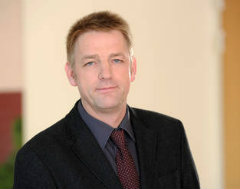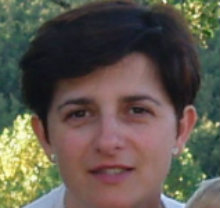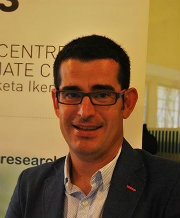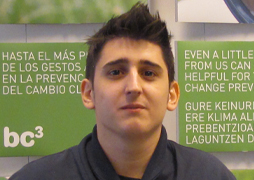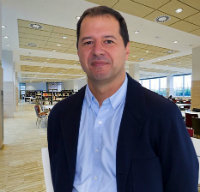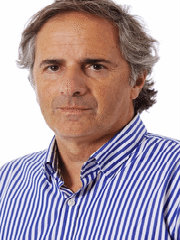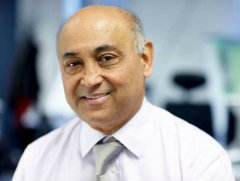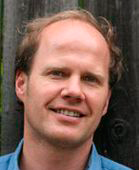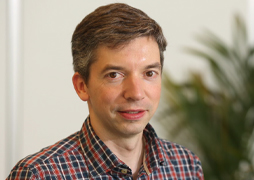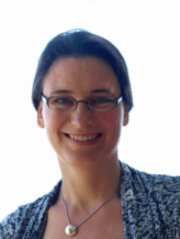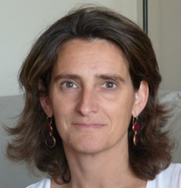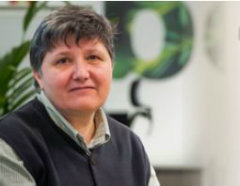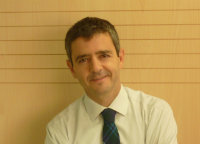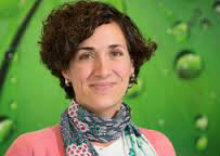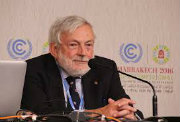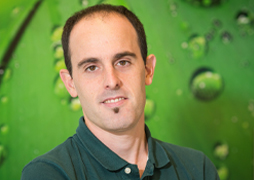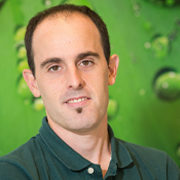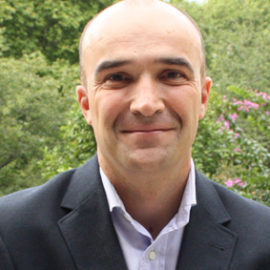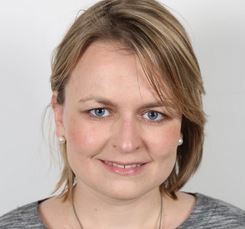
Alina Averchenkova (Grantham Research Institute, London School of Economics)
Alina joined the Grantham Research Institute on Climate Change and the Environment in April 2013. She is responsible for the engagement with policy and decision makers worldwide, and research on international climate change policy.
Background
Alina joined the Grantham Research Institute on Climate Change from KPMG, where she was Global Director for Climate Change and Carbon. She has fourteen years of experience in climate policy and international development. Prior to KPMG, Alina has worked for a carbon-asset manager, First Climate, in Zurich, focusing on policies related to carbon markets. Before that, as a Programme Officer at the United Nations Framework Convention on Climate Change based in Bonn, she supported international negotiations on post-2012 climate change regime. Her professional experience also includes work for the Environmental Defence Fund in Washington, DC, focusing on climate policy in economies in transition; for Metroeconomica Ltd on resource abundance and economic growth, and for the Bureau of Economic Analysis, on climate policy in Russia. Alina has extensive experience in providing advisory and capacity building services to governments, UN organisations and private sector, and in facilitating interministerial and multi-stakeholder dialogues on climate change. Alina holds a BSc in Geography from Moscow State University, and an MSc and a PhD in Economics and International Development from the University of Bath, focused on factors of effectiveness of international climate change regime. Research interests: Design of the international climate change regime,Low emission development strategies in developing countries,Climate finance, Subnational action around low carbon and green growth.
Personal Profile: Alina Averchenkova




